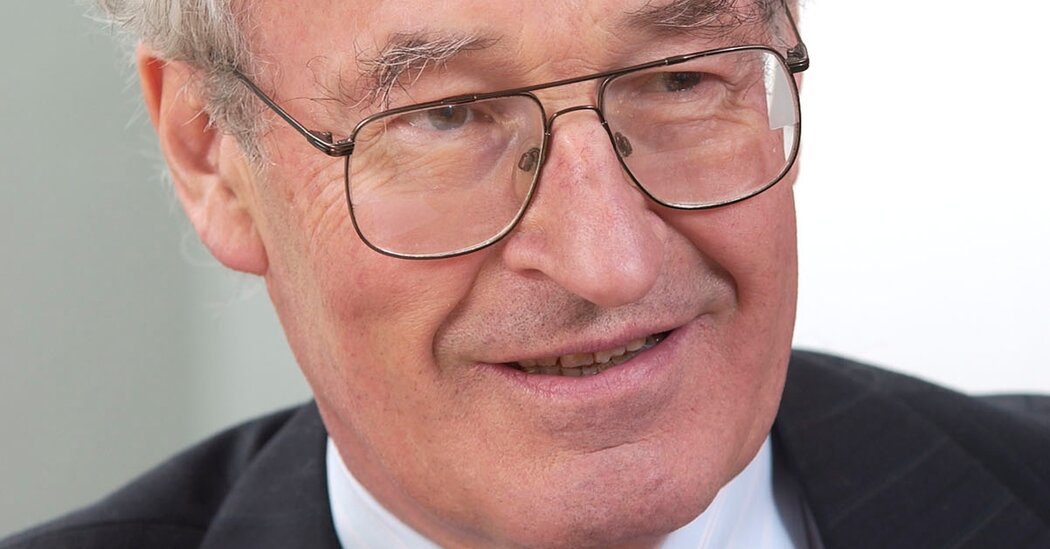
He entered the University of Birmingham Medical School in 1950, planing to be a general practitioner and join his father’s practice. But he became fascinated by neurology and neurosurgery and then by psychiatry, inspired by a professor, Wilhelm Mayer-Gross, a prominent psychiatrist who had fled Nazi Germany.
Dr. Rutter worked at various British hospitals after graduating from medical school in 1955 and was a pediatrics fellow at the Albert Einstein College of Medicine, in the Bronx, from 1961 to 1962. He joined the social psychiatry research unit at Maudsley Hospital in London in 1962, and the Institute of Psychiatry, also in London, in 1966. He was knighted in 1992.
Dr. Rutter wrote or co-wrote more than 400 papers and 40 books, including “Fifteen Thousand Hours: Secondary Schools and Their Effects on Children” (1979), based on a study of the problems faced by London schoolchildren during 12 years of education.
He also wrote “Maternal Deprivation Reassessed” (1972), which suggested that children can develop strong attachments not just to their mothers but also to other people, both inside and outside their families, who will affect heir mental health and development. It was a challenge to the work of John Bowlby, a British psychiatrist whose “attachment theory” argued that a mother’s love is absolutely critical to a child and that its deprivation can have dire results.
Survivors include Dr. Rutter’s wife, Marjorie (Heys) Rutter, a nurse and the co-author with him of “Developing Minds: Challenge And Continuity Across The Lifespan” (1993); his daughters, Sheila and Christine; his son, Stephen; his sister, Priscilla, and seven grandchildren.
As increasing numbers of Romanian orphans were adopted by families in Britain in the early 1990s, Dr. Rutter and several colleagues began a long-term study to determine how well the children recovered from the difficult conditions they had experienced in orphanages.
Many of them, he found, adapted quickly to their new homes, but some who were adopted after they were six months old had higher rates of autism spectrum disorder, overactivity and poor personal engagement than a control group of children who had been adopted within Britain. By age 15, some of the Romanian children’s emotional, conduct, cognitive and social relationship problems could be traced to their early privations.
